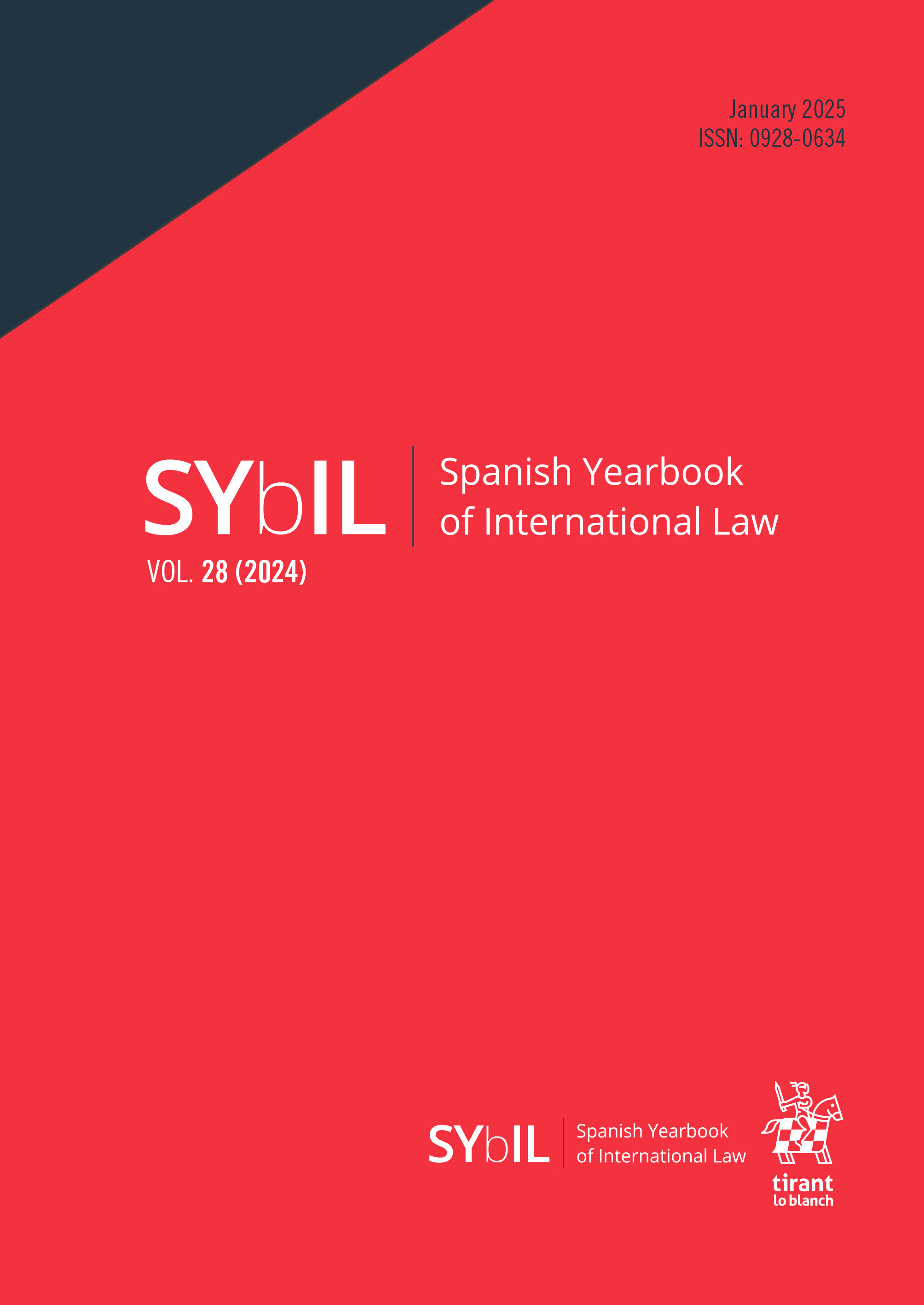Special regimes as communities of practice – A new way to improve communication across legal specializations
DOI:
https://doi.org/10.36151/SYBIL.28.04Palabras clave:
Special regimes, theory of communities of practice, fragmentation of international law, legal specializationResumen
International lawyers refer to international criminal law, European human rights law, WTO-law and many other branches as ‘special regimes’. As traditionally defined, a special regime is a collection of norms. As this article suggests, a special regime should be conceived instead as a community of practice in the sense of educational theorist Etienne Wenger. The article makes a convincing case for this new understanding, which entails a description of a special regime by reference to the social relationships that exist between the individuals and institutions that are engaged with understanding, discussing and applying legal norms. This understanding has many advantages. Not only does it help to explain why, sometimes, lawyers and legal decision-makers active in different fields of law have reason to do similar things differently. It also explains why international lawyers have such difficulty understanding each other across legal specializations, and why divergent practices of international law cause so much contention.
Descargas
Publicado
Número
Sección
Licencia
Derechos de autor 2025 Spanish Yearbook of International Law

Esta obra está bajo una licencia internacional Creative Commons Atribución-NoComercial-SinDerivadas 4.0.




